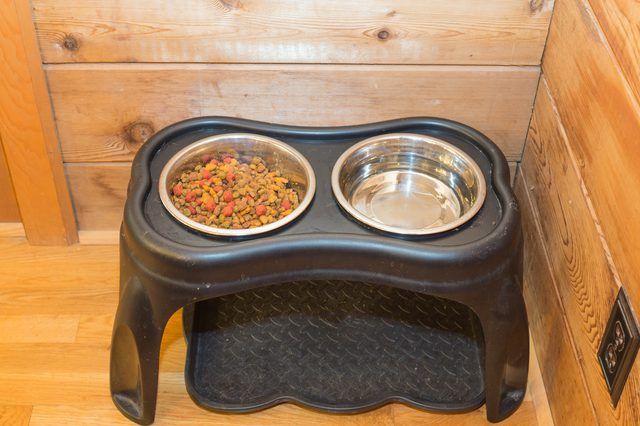Bulbs
Flower Basics
Flower Beds & Specialty Gardens
Flower Garden
Garden Furniture
Garden Gnomes
Garden Seeds
Garden Sheds
Garden Statues
Garden Tools & Supplies
Gardening Basics
Green & Organic
Groundcovers & Vines
Growing Annuals
Growing Basil
Growing Beans
Growing Berries
Growing Blueberries
Growing Cactus
Growing Corn
Growing Cotton
Growing Edibles
Growing Flowers
Growing Garlic
Growing Grapes
Growing Grass
Growing Herbs
Growing Jasmine
Growing Mint
Growing Mushrooms
Orchids
Growing Peanuts
Growing Perennials
Growing Plants
Growing Rosemary
Growing Roses
Growing Strawberries
Growing Sunflowers
Growing Thyme
Growing Tomatoes
Growing Tulips
Growing Vegetables
Herb Basics
Herb Garden
Indoor Growing
Landscaping Basics
Landscaping Patios
Landscaping Plants
Landscaping Shrubs
Landscaping Trees
Landscaping Walks & Pathways
Lawn Basics
Lawn Maintenance
Lawn Mowers
Lawn Ornaments
Lawn Planting
Lawn Tools
Outdoor Growing
Overall Landscape Planning
Pests, Weeds & Problems
Plant Basics
Rock Garden
Rose Garden
Shrubs
Soil
Specialty Gardens
Trees
Vegetable Garden
Yard Maintenance
How to Get Rid of Hawks
How to Get Rid of Hawks. Common yard and garden features can attract hawks and put you in the position of having to discourage them. Hawks hunt, so the more your garden appeals to hawks' natural prey, the more motivated hawks will be to keep feeding there. A few landscaping and cleanup strategies can make your property less enticing to these...
Common yard and garden features can attract hawks and put you in the position of having to discourage them. Hawks hunt, so the more your garden appeals to hawks' natural prey, the more motivated hawks will be to keep feeding there. A few landscaping and cleanup strategies can make your property less enticing to these predators.
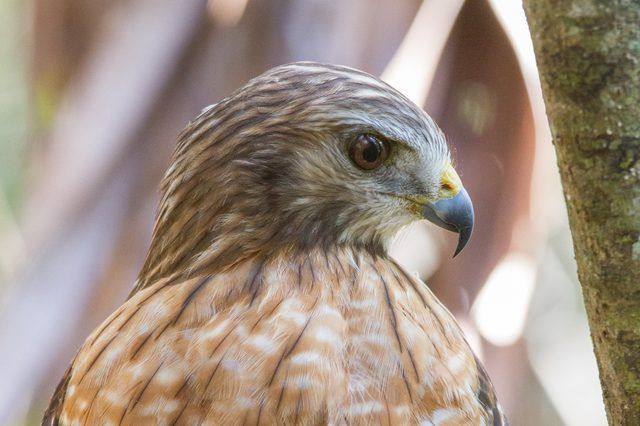
Hawks are protected by state and federal laws. It's illegal to kill or capture them without a special permit, and these strategies should only be undertaken with help from the U.S. Department of Agriculture Wildlife Services agency. Hawks eat many kinds of birds, including songbirds, blackbirds, pigeons, doves, pheasants and chickens. They also eat rabbits, snakes, carrion, squirrels and other rodents. The hawk problem may be temporary if hawks are migrating. Hawk migration varies by species, and hawks generally relocate within two to three weeks.
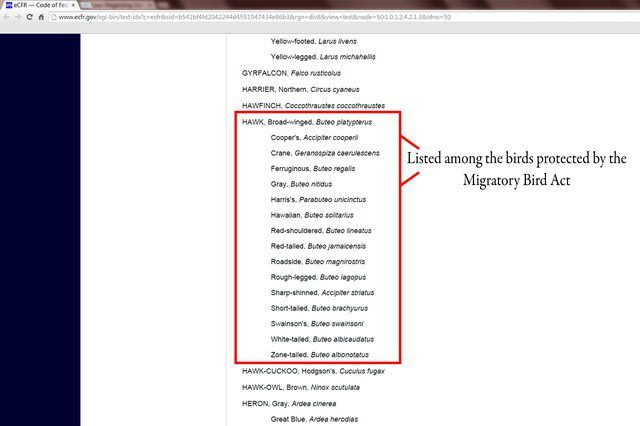
Bird feeders create an incentive for hawks to visit your garden. Birds visiting the feeders create an inviting hunting grounds, a fast-food stop on the highway for these birds of prey. Empty or remove the bird feeders for at least a week to get rid of hawks, suggests the Cornell Lab of Ornithology. This won't harm birds you want to feed. In fact, it will protect them from becoming hawk take-out until the hawks lose interest and move on to a better hunting spot.
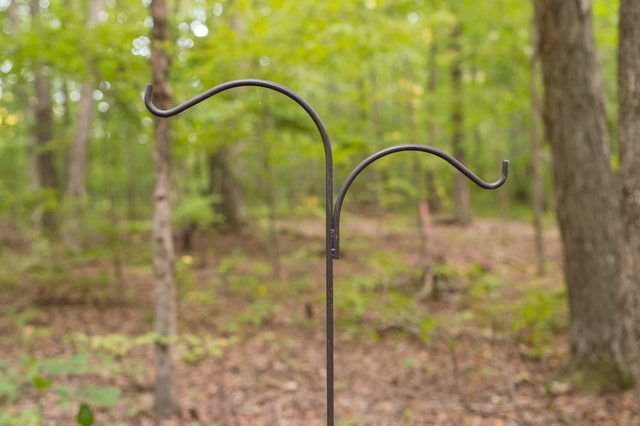
Provide protection for smaller birds to foil hawks. If you have bird feeders in your garden, position them in or near evergreen trees and shrubs. Evergreens offer year-round cover to shield birds from hawks' attention, offering protective places for birds to escape being eaten by hawks. Shrubs also provide escape for quail and rabbits. Eliminate lone trees and poles, or cap poles with a deterrent devices such as sheet metal cones, to stop hawks from perching in the area you want to protect, advises the Indiana Department of Natural Resources. Scare tactics, such as hanging pie tins from branches, may help deter hawks, yet the effect generally doesn't last.
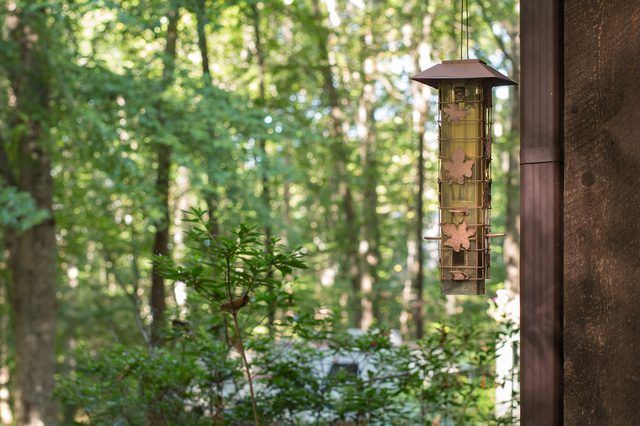
Rodents of all kinds add to a hawk buffet, and most of them aren't doing your garden any good, either. Make your yard less rodent-friendly by feeding pets indoors, bringing water dishes inside at night, and fixing or removing sources of water such as leaking faucets, hoses and containers. Clear any brush, junk or trash away from all buildings. Keep wood on platforms; some rodents burrow under logs or boards. Pick garden produce promptly, and clear away any fallen vegetables, fruits or nuts. Dispose of pet feces daily; rats can live on them. Keep garbage enclosed in rodent-proof containers.
